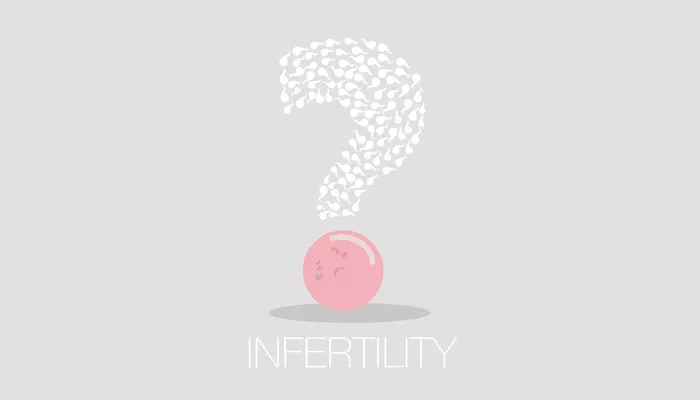A groundbreaking study has revealed that nearly 80% of men with cystic fibrosis (CF) who sought fertility treatment due to azoospermia—lack of sperm in semen—were able to become biological parents. The study, published in Pediatric Pulmonology, marks the largest research of its kind, examining assisted reproductive technologies (ART) in men with CF.
CF males are often born with congenital bilateral absence of the vas deferens (CBAVD), a condition in which the tubes responsible for transporting sperm are absent, leading to infertility. However, advancements in ART, particularly surgical sperm retrieval (SSR) and intracytoplasmic sperm injection (ICSI), have enabled many of these men to father biological children.
The study, led by a team at the University of Manchester, analyzed fertility treatments performed from 2000 to 2022 on 71 men with confirmed azoospermia. The men, with an average age of 31.3 years, were mostly diagnosed with pancreatic insufficiency, a common CF-related complication.
SSR was successful in 98.6% of cases, with sperm retrieved from the epididymis or testicles in all but one patient. Following SSR, 94% of patients proceeded with ICSI, and 84% of couples achieved pregnancy, with a live birth resulting from 56 of 67 couples. However, 10 couples experienced miscarriage or implantation failure, while one couple used donor sperm after poor sperm motility caused initial fertilization failure, ultimately resulting in a successful pregnancy.
The study found that men under 40 had a success rate of 80% or higher, while the success rate for those over 40 dropped, as two patients experienced implantation failure despite successful sperm retrieval and fertilization.
Interestingly, factors like CF-causing mutations, CFTR modulator therapy, lung function, body mass index, and pancreatic insufficiency did not affect the success rates. Hormone levels in the 61 patients with complete profiles were within normal ranges, and testicular ultrasounds revealed normal results in 36 of the 55 patients tested.
Sadly, 10 of the 71 men (14%) who participated in the study passed away, with five dying within two years of their child’s birth. The study found that men who survived had significantly better lung function (72.8% vs. 38%) and higher body mass index compared to those who passed away.
The researchers concluded that fertility treatment for men with CF has proven to be highly successful, with 79% of men referred for treatment becoming biological parents. However, they stressed the importance of CF centers performing thorough assessments, particularly for patients with poor weight or lung function, before referrals to fertility services. This would allow for more informed discussions with patients about their long-term prognosis and disease management.
Related topics:
Next Biosciences Expands Fertility Solutions Amid Rising Infertility Rates in South Africa
North Dakota Lawmakers Reject Fertility Bill Amid Controversy
Electro-Acupuncture as a Complementary Therapy in IVF: Promising Clinical Findings

























